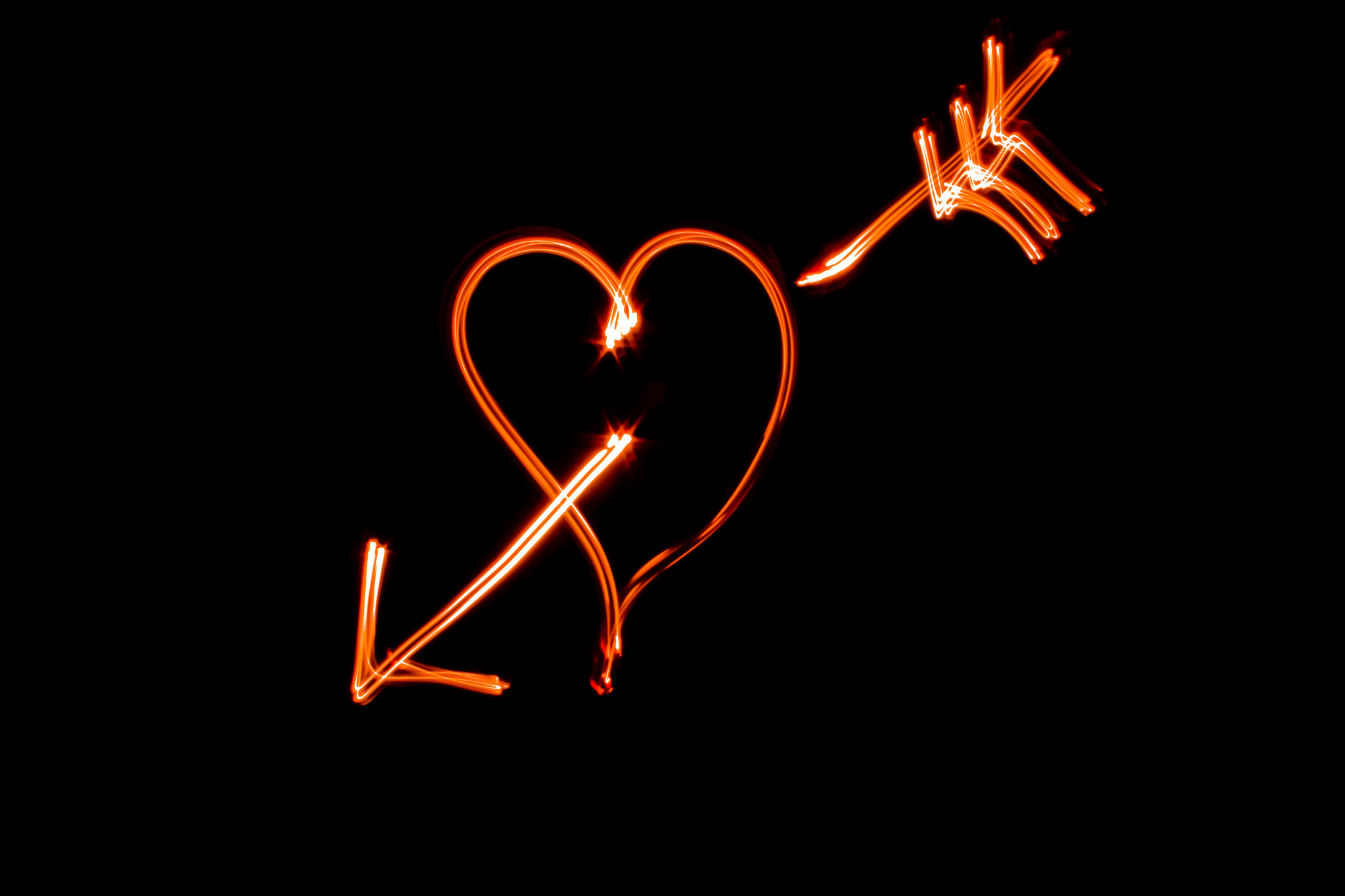I’m sitting here thinking: Why am I writing about this in public? I have to, though. Men don’t talk about this stuff enough.
Long story short, I couldn’t get it up.
A few years ago, I dated a woman I found really attractive. On our first date, we made out in a weird but cute little restaurant in my neighborhood. We were having tons of fun.
But I wasn’t honest with her. I didn’t want to have sex so fast. I liked her and wanted to go slow.
Instead of telling her how I felt, I played along. I acted like the man she seemed to want me to be.
For the second date, I invited her to my place and then up to my room. I undressed her as she undressed me. I tried to act the part — stoic, assertive, in control.
But when we got to the sex, I couldn’t keep an erection. I tried and tried. Nothing worked. My body wasn’t cooperating.
She was understanding and gentle. “Relax,” she said. “It’s not a big deal.”
But I was a wreck. I walked her to her car and said an awkward, “Bye,” like nothing had happened. I went back inside and racked my brain for what had gone wrong. I shamed myself for being “soft” and “weak.”
Somehow, though, a part of me knew that underneath all the posturing had been a swirling ocean of anxiety.
I didn’t know how deep it was or what was submerged below. But some part of me wanted to find out.
The next day I asked friends for advice. One recommended horny goat weed pills (seriously). Another suggested various moves to try. None of it felt like what I needed.
I eventually found a therapist who I still see to this day. I joined a men’s therapy group. I was determined to figure out what the hell I was so afraid of.
Over time, I learned to slow down, get in touch with what my body needs, and focus on emotional — not just physical — connection. I haven’t experienced erectile dysfunction since. (Not that I should be ashamed if I did. Nearly a quarter of American men have suffered from it.)
My current relationship has taken me to depths of connection I always knew were possible but had never experienced. So deep, that I’m grateful I went through what I did. All those dark, lonely moments — and all that work on myself — paid off.
But that’s not the point of what I want to tell you.
I want to talk about something psychologists call “repair.” And why it’s crucial to any relationship I want to be in — romantic, friendship, or otherwise.
Looking back, I wasn’t honest because I was scared. Scared that if she knew I liked her, she’d turn around and run. Terrified that if she knew I wasn’t dying to have sex with her — that I wanted to get to know her more — then I wasn’t “man enough.”
That used to be where my analysis ended. Outdated ideas about what it means to be a man were making it hard for me to be vulnerable. But it goes further than that.
My deeper fear was actually an easier one to face: I was afraid of the discomfort it takes to be brutally honest. Savagely, viciously, lovingly honest. And that’s where repair comes in.
Repair is the process of healing a lost connection.
It can happen after a big fight or a small bickering match. It can happen when you’ve just got a sense that something is “off” about your partner (or friend).
Asking, “Is everything okay?” is a form of repair. Setting aside some time to check in with each other is a form of repair. Saying, “Sorry,” is too.
Sometimes all I can say to my girlfriend is, “I feel disconnected.” It’s uncomfortable. I don’t know really know why I feel disconnected or what I want. But I’ve learned that it’s less uncomfortable than staying in the tension of that disconnected feeling.
My girlfriend almost always responds in a way that makes me question why I was scared in the first place. We get curious about why I’m feeling disconnected. That curiosity breeds intimacy. We hug and kiss and laugh. One of us might even cry a little.
It’s like ripping a band-aid off. The temporary pain is easier to handle than the slow burn of tension and disconnection.
Repair is “any statement or action — verbal, physical, or otherwise — meant to diffuse negativity and keep a conflict from escalating out of control.”
It’s two (or more) people taking responsibility for their part in a conflict — or disconnection. It’s being vulnerable and making a bid to connect once again.
John Gottman, the pioneering couples counselor, goes as far as to say, “The success or failure of a couple’s repair attempts is one of the primary factors in whether [a relationship] is likely to flourish or flounder.”
Almost any conflict or moment of disconnection can be worked through. In fact, working through things creates connection and intimacy.
Avoiding conflict creates disconnection, tension, and numbness. Exactly what you don’t want in any relationship.
And that’s what I didn’t know a few years ago. I was too scared to say how I really felt because I didn’t trust myself to repair if things went sideways. I was too afraid of the discomfort.
So, I played along. Even though I wasn’t really connected. And my body let me know the truth.
Hi, I’m Jeremy, a writer, meditation teacher, and host of the Meditation for the 99% podcast. Subscribe to my weekly email on how to be more mindful at your job, in your relationships, and when it comes to politics here.
Download my free ebook on how mindfulness can decrease your anxiety and transform your life.
Photo by Franck Mahon.
